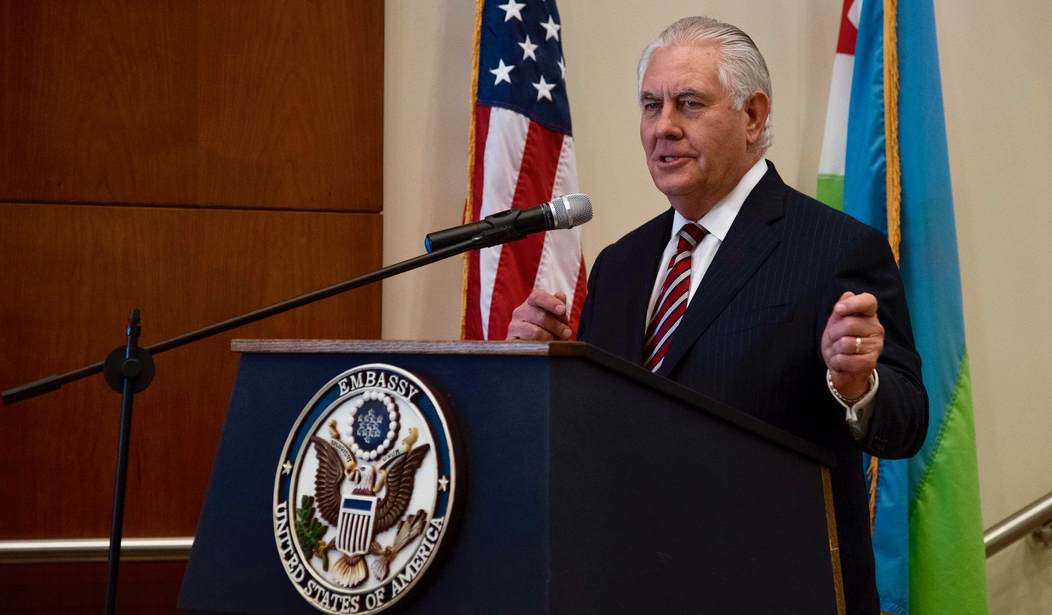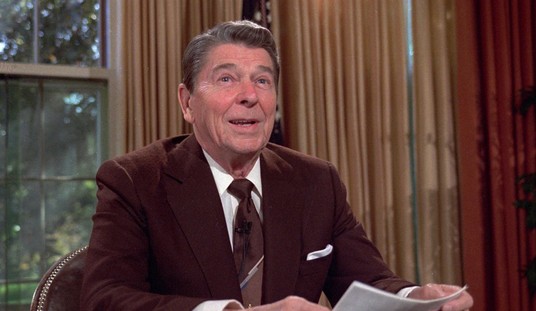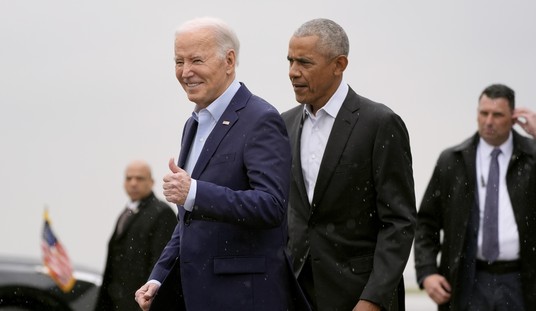The increasingly hysterical Left insists, on ever-shifting pretexts, that Trump is a danger to the Republic. Meanwhile, we have just received a new indication of a real and ongoing threat to the Republic that will likely be little noted nor long remembered. Nikki Haley’s revelation that Rex Tillerson and John Kelly tried to pressure her into joining their anti-Trump cabal was a bracing reminder that America has been plagued for nearly two centuries with arrogant bureaucrats who were not elected president, but thought it only fitting and proper to arrogate to themselves the powers of the presidency – for the good (they said) of the nation, of course!
Take, for example, the cabinet of the unheralded President John Tyler, who became our tenth president on April 4, 1841, when President William Henry Harrison died after only a month in office. As soon as Tyler took office, he announced that he would retain Harrison’s cabinet. At its first meeting with Tyler as president, however, Secretary of State Daniel Webster told him that Harrison had made decisions based on the vote of a majority of the cabinet, and that the cabinet members expected the new president to do the same. This was unlikely in the first place, as Harrison had not made any significant decisions during his short time as president, and Tyler immediately, politely, but decisively rejected Webster’s power play.
Five months later, the cabinet tried again. Tyler had twice vetoed bills to recharter the Bank of the United States, a precursor of the Federal Reserve that placed the public funds in private hands and became an epicenter of corruption, with Bank officials buying off congressmen and senators to do their bidding (sound familiar?). The holdover Harrison cabinet supported the Bank, and tried to strong-arm Tyler into submission: on September 11, 1841, every one of the cabinet members (except, notably, Webster) resigned. The plan was to kneecap Tyler and force him either to beg them to return, at which point he would be under the thumb of supporters of the Bank, or to resign himself. Instead, Tyler stood firm and weathered the storm, although a recalcitrant and hostile Congress made it none too easy for him to gain confirmation for his new cabinet appointments.
Twenty years later, another secretary of state, William H. Seward, made an audacious attempt to take effective control of a president who had only been in office for a month, Abraham Lincoln. On April 1, 1861, Seward wrote Lincoln that “we are at the end of a month’s administration, and yet without a policy either domestic or foreign.” After detailing what he thought the president should do, he slyly suggested that Lincoln make him the de facto president in order to execute these policies. Lincoln replied on the same day: “I remark that if this must be done, I must do it,” that is, the president, not the secretary of state. “Still,” he added, “upon points arising in its progress I wish, and suppose I am entitled to have, the advice of all the Cabinet.” Advice, not dictation.
A century later, Vice President Lyndon Johnson gave President John F. Kennedy what one of those who read it characterized as “frankly, the most presumptuous document any Vice President had ever sent to his President.” In it, Johnson outlined a broad range of responsibilities that would become the province of the vice president rather than the president, especially “with respect to the integration of domestic, foreign and military policies relating to national security.” What exactly transpired between the two men is not known, but Kennedy did not transfer any power to Johnson. What was characterized by Kennedy administration insiders as Johnson’s “Seward” move failed utterly.
Rex Tillerson and John Kelly failed as well. They’re out of the administration and Trump is still president, although there are no doubt many others still inside the government who think they know better than the president how the country ought to be run, and are doing their level best to implement their vision, without having had to go to the trouble to submit their plans to the judgment of the voters. The voters! Who needs them? Who knows better than Tillerson, Kelly and their ilk how to steer our increasingly fractious nation back to safety, peace, and prosperity?
As Daniel Webster and the other members of John Tyler’s cabinet, William H. Seward, and Lyndon Johnson demonstrate, Rex Tillerson and John Kelly are by no means the first egotistical elitists who thought their judgment so impeccable that they were willing to dare to impose it on the nation, even though no one had empowered them to do so. Nor will they be the last. But it was good of Nikki Haley, whatever her faults, to become a real whistleblower in this instance, just so we know where we stand. President Trump should be reelected or rejected by the voters in 2020 based on what he has done and intends to do, not on what a swarm of unelected bureaucrats has decided he should do instead.
Robert Spencer is the director of Jihad Watch and a Shillman Fellow at the David Horowitz Freedom Center. He is author of the New York Times bestsellers The Politically Incorrect Guide to Islam (and the Crusades) and The Truth About Muhammad. His latest book is The Palestinian Delusion: The Catastrophic History of the Middle East Peace Process. Follow him on Twitter here. Like him on Facebook here.










